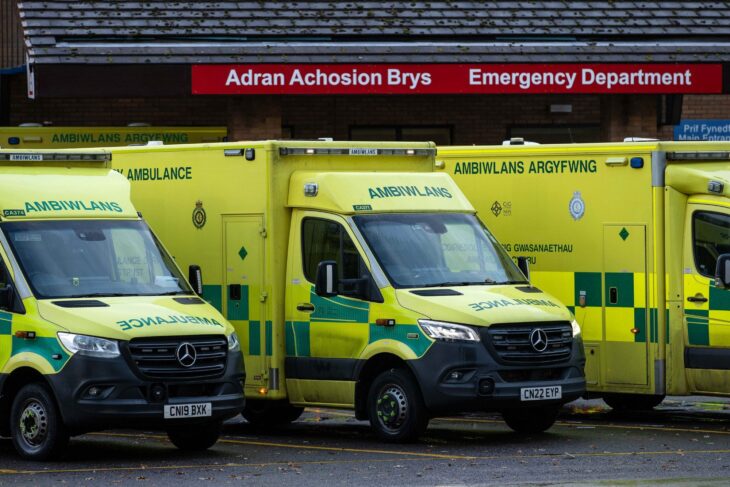
Over 18,000 patients a month wait more than 8 hours in Wales A&Es – Channel 4 News
How many patients wait more than 8 hours in Welsh A&E departments in an average month?
In 2013, it was just under 3,000 people.
By 2023, FactCheck analysis reveals that the figure was 18,688.
Our analysis also finds that between 2013 and 2023:
- The number of people waiting more than 4 hours in A&E tripled
- The elective care waiting list nearly doubled in size, and
- The number of planned treatments that still hadn’t been carried out after 26 weeks rose sevenfold
We reached our findings by calculating an average of official monthly figures for each year between 2013 and 2023. Where we don’t yet have data for the entirety of 2023 on some measures, this has been adjusted for in the calculation.
Figures for elective care – things like hip replacements, hysterectomies and other important non-emergency treatments – are measured by the number of “open pathways”. That means in some cases, the same person might be counted more than once in the elective care list if they’ve been referred for multiple issues – for example, a knee replacement and cataracts surgery.
Labour has been in charge of the Welsh government – and therefore Wales’ NHS – since the first devolved elections in 1999. Labour’s critics, including the Conservative government in Westminster, often point to this fact when discussing the huge growth in Welsh NHS waiting lists.
Responding to our findings, a Welsh government spokesperson told FactCheck that the health service has faced a marked increase in demand over the last decade. They pointed out that Wales has the highest proportion of people aged over 65 in the UK and that waiting times for planned treatment have increased as a result of “actions taken to respond to the pandemic”.
As part of a longer statement, the Welsh government told us: “We have invested in new ways for people to access emergency and urgent care services – so they don’t have to go to an emergency department. These include 16 new primary care centres, which are treating 12,000 people a month, and our new national 111 service, which is providing advice to more than 75,000 people each month, including around 525 people who need urgent mental healthcare.”
They also told us that “record numbers of people are starting cancer treatment or being given the good news they don’t have cancer”.
>